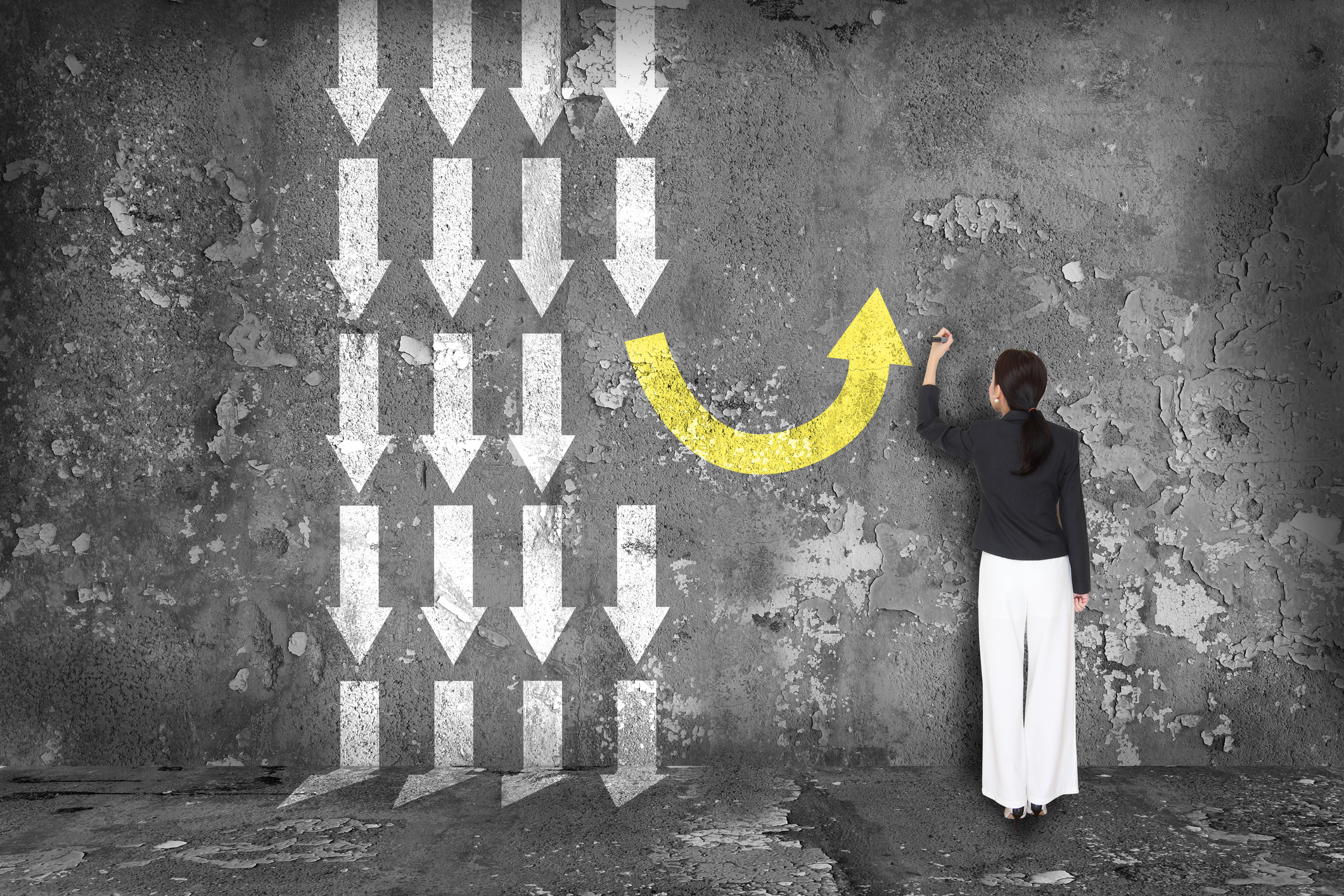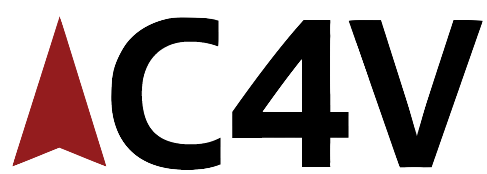Transformational – not transformative – leadership

I’m an unrepentant advocate of “transformational” leadership – not “transformative” leadership. Is this a semantics storm in a teacup? After all, “transformative” and “transformational” are similar terms…but there are important differences.
“Transformative” generally refers to something that brings about a significant change or transformation. It implies a person, process, or an event that has the power to alter the current state or condition of something or someone. It often emphasizes the impact or the result of the change, which we generally hope is positive, measurable, and not intended to be manipulative or ill-intentioned.
“Transformational”, by comparison, typically refers to something that goes beyond change. This word connotes a person, process, or an event that brings about a profound and fundamental transformation. It implies a much deeper shift in a stakeholder’s perspective, achieved through careful introspection, and through the recognition and “ownership” of personal and shared moral values.
Ideally, transformational leaders espouse an engaging and uplifting vision. This vision in turn persuades certain stakeholders – their followership – to pursue and refine the leader’s proposed processes and priorities, all to emphasize the beneficial, holistic, intersectional, equitable, and sustainable nature of these changes. Less often spoken about, but equally important, transformational leadership ought to be seen as an integrated process driven by values of caring, empathy, solidarity, compassion, and love, and by the leader’s manifest commitment to the improved wellbeing of her, his, or their followers. In short, transformational leadership is emphatically moral in nature, and not about maximizing the leader’s self-interest. Transformational leaders know that their followers will – and ought to – hold them accountable to both the means they pursue and the ends or goals that they and their followers achieve, judged at the highest levels of moral and ethical scrutiny.
That type of leadership within the world of humanitarian response and international development is challenging, given that the discourse on moral values within this industry is nascent at best, and more accurately can be described as stilted or confined to minimalist notions of “do no harm”, “nothing about them without them”, and to the grim and continuing measurement of violations against human rights laws.
Being so often “in the field”, we as relief and development practitioners know firsthand that we live in a world where flagrant inequality surrounds us, yet even the quotidian experiences of inequality do not necessarily change how people live, act, or decide among life’s many choices and expectations. Perhaps some people take perverse comfort knowing someone else has it worse than they do. “That’s just the way it is” is the usual excuse people often give themselves, even knowing the prevailing paradigms that underpin economic, social, and political governance are rotten with inequality, disrespect, manipulation, misinformation, and exploitation.
Most of us shrug it off when we can, choosing to eschew the discomfort of going against the flow, and clinging tightly to our utilitarian conviction that the rising tide lifts all boats. Still, shrugging it off becomes much more difficult when we work in fields like ours, where the ravages of poverty, oppression, discrimination, ignorance, and violence unmistakably confront us – where the “boats” of the marginalized, the poor, and those most vulnerable are sinking all around us. But, we muse, whoever said life was fair?
As Chloe, an openly transgender woman who transitioned gender later in life, I have belatedly learned that a dismissive shrug can have profound consequences. In my earlier male embodiment, it was so easy to go with the flow of male privilege; it relieved me of any need to decide or to push back against inequality. “May the best man win” was celebrated as the virtuous maxim, and I did not question it. It’s an embarrassing admission to make now, but it is also a deeply personal awakening that warrants sharing. Procrastination in taking a personal stand against unwarranted privilege – especially for someone in a leadership position – simply means that the suffering of others will continue unabated. It may also mean that you too will feel the pain.
I am doing myself an injustice if I leave you with the impression that I ignored gender inequality until I “changed sides”. I’m a product of the 70s, and from those years when the voices of feminism were strong (think Gloria Steinem, Susan Brownmiller, or Kate Millett), I was awakened to the systematized subjugation and suffering of more than half of humanity. I have therefore spent much of my adult life focused on that prevailing, nearly omnipresent norm we call patriarchy. I have and continue to grimace at the realization that in our culture, patriarchy remains a protected concept, very unfashionable to talk about except in the complacency of a cynical nod to its continuing dominance, or in the expression of a wistful “if only things were different”.
Very few of us reach even the most obvious of conclusions, i.e., that the antidote to patriarchy isn’t matriarchy – it’s feminism. We’re not supposed to talk about feminism either, or to balk at the wholly inadequate response of societies everywhere to gender based violence, that is if we want to “get along” and avoid being cast as being radicalized or as men-haters. For most men and far too many women, there is little motivation even to bother to learn what feminism means – but it can be adequately dumbed down into two small but potentially earth-shaking words: universal equality.
Universal equality? Fairness for all? Who talks about that? Idealists, some religious folk perhaps, feminists, poets, philosophers, and ethicists.
That’s a quirky bunch, but it’s my crowd. We can be passionate, sincere, and at times even selfless, but we are often simply quietly introspective and content to muse or occasionally rage about paradigms that we know won’t be shifted. Very few among this crowd rise to positions of leadership, except perhaps in a convent.
Curiously, leadership as exercised by cisgender and transgender women, or by non-binary folk, nearly always takes place under the shadow of patriarchal rules, traditions, and legacies. Patriarchy sets expectations, defines priorities, emphasizes power and wealth, gives voice to some and not to others, and dismisses or pays amused condescension to the possibility that patriarchy might be optional. Few expect the many beneficiaries of patriarchy (who are not only men) to ever feel any obligation to justify its continuance. Patriarchy simply is – so we are told. Get over it.
My leadership journey won’t allow me to get over it. My personal vision for society is built on a shared commitment to the recognition of and respect for universal, equal human dignity. As an ethicist, I have the hard-earned tools of disciplined rationality, and some little-known but very illuminating analytical tools such as values-mapping and the Mepham ethical matrix to apply. On a good day, I can muster the eloquence of moral suasion to reach those who care to engage in contemplating a different world…a radically different world in which efficiency and effectiveness are correctly seen as some – but by no means the only – values that describe the means of development, and that the ends or goals of development need to reflect human and environmental wellbeing for all. That form of wellbeing is not synonymous with prioritizing a stronger economy intended to benefit the majority, while quietly sacrificing the interests of the minorities.
As the founder, president, and hence leader of the Center for Values in International Development, a non-profit organization of applied ethicists, I’m reminded by frequent encounters with so many blank looks that the odds are not in our favor. While I am frequently told that the work of the Center for Values is “needed now more than ever”, I am also being told that our work does not “fit” into a philanthropy’s priorities, a development agency’s sectoral compartments, or a proposal’s scope of work.
Perhaps it is foolhardy, but the Center for Values will continue to champion universal, equal human dignity everywhere, in everyone. We will also continue to engender opportunities for humanitarian response and international development practitioners – those who spend their careers working hard to help overcome poverty, suffering, sickness, and oppression by laboring to build freedoms, opportunities, wellbeing and empowerment – to access an empowering discourse on the meaning in our work, and how and why those values drive us to do what we do, and shape our identities in the process.
Personally, I will hold tightly to my conviction that human dignity, care, compassion, and solidarity are society’s most important building blocks. It’s really not a choice for me – it is just who I am. And, as a transgender woman, I have spent many very difficult years finding out who I am, and what I must do about that discovery. That discernment process saved my life once, and I am not inclined to question it now.
Equality, universal dignity, care, and compassion – these will continue to characterize what I give my remaining years of leadership to. Call me a feminist if you want – I am happy and unconflicted in holding that title.
All in all, for this transgender, feminist, ethicist, and idealist Quaker, it’s an odd form of leadership perhaps, but I’ll take it.
Chloe Schwenke, Ph.D.
Photo credit: maxsattana


